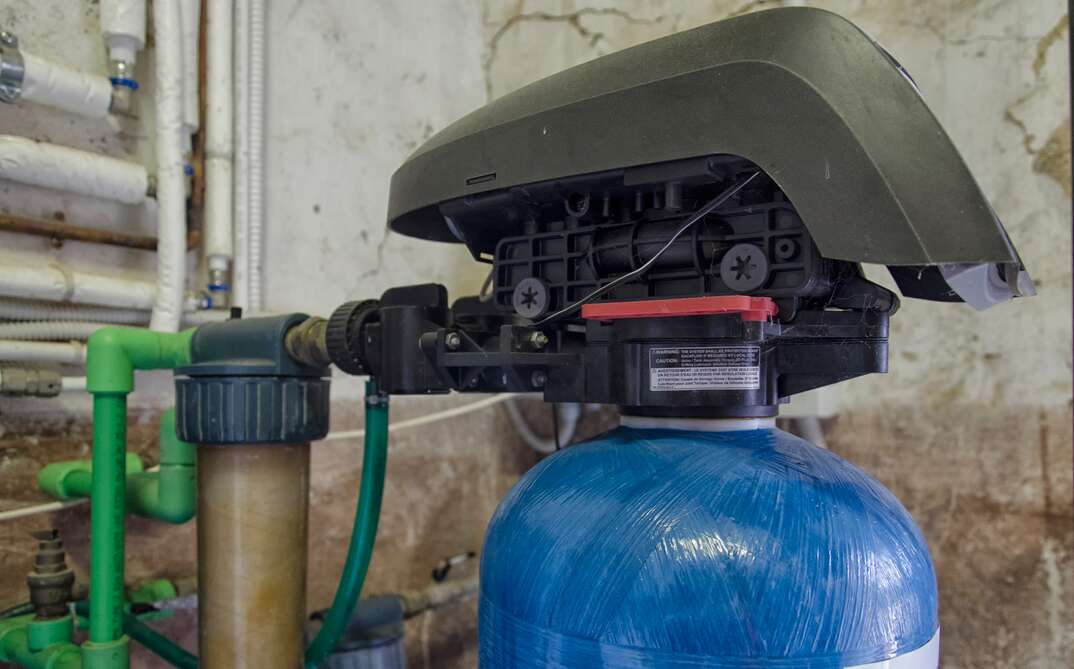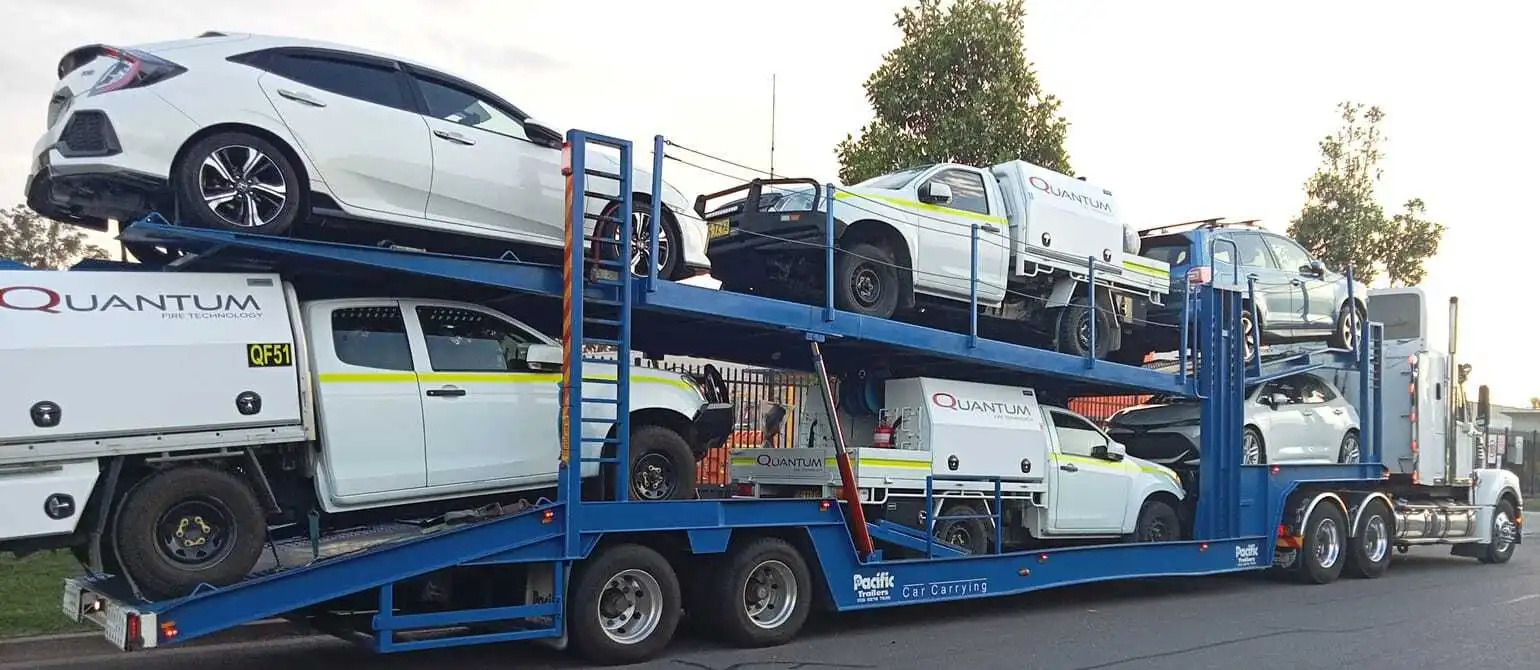
In the realm of plumbing, the importance of water quality cannot be overstated. Hard water, laden with minerals like calcium and magnesium, not only affects the performance of plumbing fixtures but also impacts the efficacy of cleaning agents and the longevity of appliances. To combat these issues, many homeowners opt for water softener systems. In this article, we’ll delve into the significance of water softener system installation and its benefits for plumbing, ensuring both efficiency and comfort in your household.
Understanding Water Softener Systems
Before delving into the installation process, it’s essential to grasp the fundamentals of water softener systems. These systems are designed to remove minerals that cause water hardness, primarily calcium and magnesium ions. They operate through an ion exchange process, where calcium and magnesium ions are exchanged with sodium or potassium ions, effectively softening the water.
Benefits of Water Softener Systems for Plumbing
- Prevention of Scale Build-Up: Hard water is notorious for causing scale build-up in pipes, faucets, and appliances. This accumulation can lead to reduced water flow, clogs, and damage to plumbing fixtures over time. By installing a water softener system, you can mitigate these issues, ensuring the smooth operation of your plumbing system.
- Extended Appliance Lifespan: Appliances such as water heaters, dishwashers, and washing machines are vulnerable to damage from hard water. Scale deposits can impair their efficiency and lead to costly repairs or premature replacements. With a water softener system in place, you can prolong the lifespan of these appliances, saving both money and hassle in the long run.
- Improved Water Heater Efficiency: Hard water causes mineral deposits to accumulate in water heaters, reducing their efficiency and increasing energy consumption. By softening the water, you can enhance the performance of your water heater, resulting in lower energy bills and a more consistent supply of hot water.
- Enhanced Cleaning Efficacy: Hard water hampers the lathering ability of soaps and detergents, making it challenging to achieve satisfactory cleaning results. Softened water, on the other hand, allows for better soap lathering, leading to cleaner dishes, clothes, and surfaces with less detergent usage.
Water Softener System Installation Process
Now that we’ve established the benefits of water softener systems, let’s delve into the installation process. While it’s advisable to hire a professional plumber for this task, understanding the basic steps can provide insight into the process:
- Site Assessment: The first step involves assessing the location for installation, typically near the main water supply line. The chosen spot should allow easy access for maintenance and connection to plumbing fixtures.
- Preparation of Plumbing System: Before installing the water softener, it’s crucial to shut off the water supply and drain the plumbing system to prevent leaks and ensure safety during installation.
- Installation of Water Softener Unit: The water softener unit is connected to the main water supply line, usually after the water meter or pressure tank. This involves cutting into the existing plumbing and fitting the unit according to manufacturer instructions.
- Connection of Bypass Valve: A bypass valve is installed to allow water to bypass the softener unit when necessary, such as during maintenance or regeneration cycles.
- Integration with Drainage System: The water softener unit needs to be connected to a drain for flushing out accumulated minerals during the regeneration process. Proper integration with the drainage system is essential to prevent water damage and ensure compliance with local plumbing codes.
- Initial Setup and Testing: Once the installation is complete, the system is flushed, and the settings are adjusted according to water hardness levels. Testing ensures that the unit is functioning correctly and delivering softened water to the plumbing system.
Conclusion
In conclusion, water softener system installation plays a pivotal role in maintaining efficient plumbing systems and enhancing overall household comfort. By addressing the challenges posed by hard water, homeowners can mitigate plumbing issues, extend the lifespan of appliances, and improve water quality for various household tasks. Whether you’re concerned about scale build-up, appliance performance, or cleaning efficacy, investing in a water softener system is a proactive step towards ensuring the longevity and efficiency of your plumbing infrastructure. For optimal results and peace of mind, enlist the expertise of a professional plumber to oversee the installation process and enjoy the benefits of softened water in your home.




More Stories
5 Essential checks for workplace first aid kits and safety
Safe and Reliable Car Transport Brisbane to Sydney with Top Car Transport Service
Scottsdale PTSD Counseling Approaches That Promote Recovery